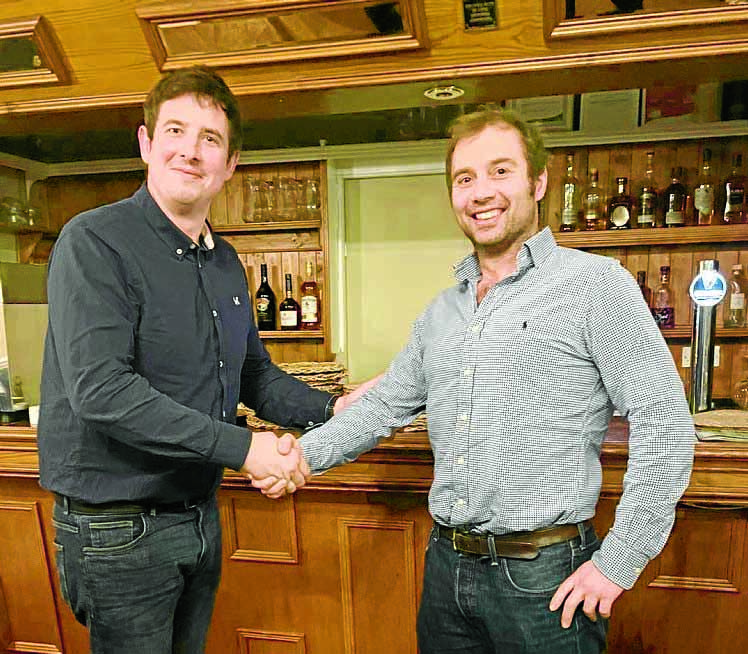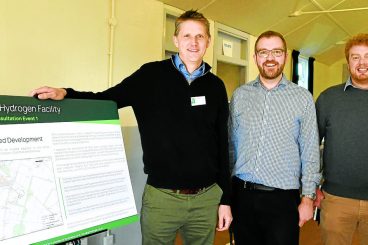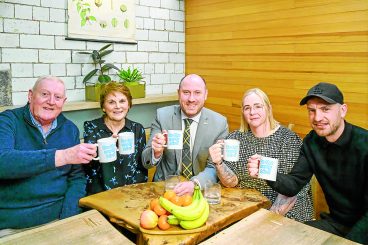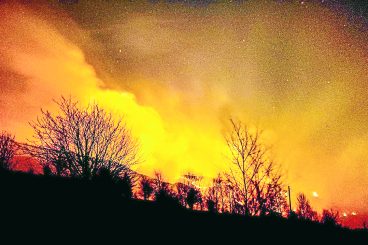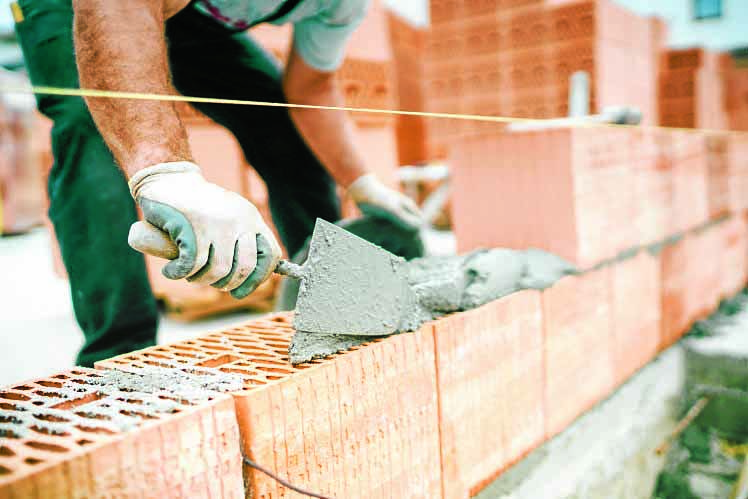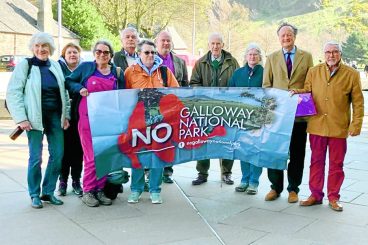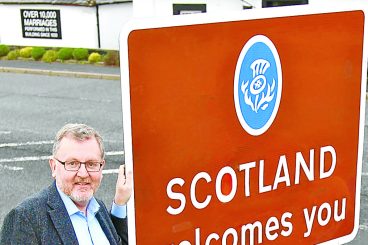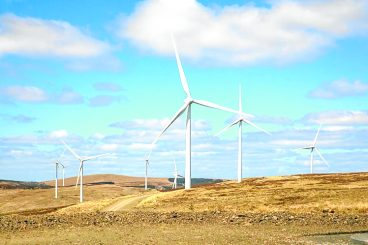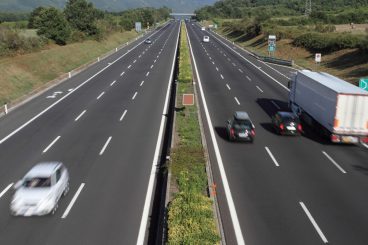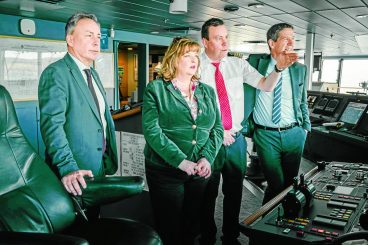ANNANDALE farmer Stewart Wyllie has taken the reins as the new chairman for NFU Scotland’s Dumfries and Galloway region.
And he moves into the top job at a time of change for the industry.
But with 20 years involvement in the union under his belt, he’s well placed to support farmers in this area and fight for their best interests.
Stewart, of Hannah Farm, Cummertrees, (above, right) this week said: “I have always been quite agri political.
“Being D&G chairman puts me onto the board of directors for NFUS. What I’m looking to achieve in the union is that I want to hold the union to account. It’s meant to be a members up organisation and I want improvements in transparency, allowing members’ views to get directly to the top, not be lost in translation.”
He will also be involved in navigating and negotiating new agricultural policy and budget settlements with both the Holyrood and Westminster governments.
And he admits it’s a tricky time, saying farming is on “a cliff edge” with no promises yet from the governments.
“It’s about securing funding in general and making it all work together,” said Stewart.
“We need to be holding politicians to account. It’s a huge debate.
“The advisory committee is chaired by NFUS and involves all stakeholders and the NFUS is primarily a lobbying institution, but the question is should we be involved in politics?”
Meanwhile at regional level, he cites the bid for a National Park in Galloway as a key issue.
“If that comes to fruition, what effect will that have?” said Stewart.
“The NFUS has taken a neutral position on that and I am keen to know more. It could be quite life changing.
“The Solway Coast is the milk field of Scotland and this is the first time we have seen a National Park and intensive agriculture going hand in hand. This could have an effect on the food production of this country.
“It would be nice to see more money in this area but we cannot disrupt agriculture.”
He lists other issues facing Dumfries and Galloway this year as land tenure and the availability of land, adding: “The last six months has seen more land being taken back for a range of different reasons, such as carbon causes and tree planting pressures.
“It’s putting the price of land to a place that’s unsustainable for agriculture.
“There’s huge pressure and we are constantly firefighting, especially the carbon neutral issue – it’s coming from outside industries, in terms of greenwashing, and from the industry itself with pressure from suppliers, buyers and supermarkets.
“For example, milk companies are relating payments to carbon efficiency.”
Discussing the positives lying ahead for the sector, Stewart noted that milk prices are now on the turn, sheep are “ticking over” and pigs and eggs are “really flying high”.
He has also noticed a change in attitude from the public, and added: “One of the exciting things that came from covid is the country’s association with food has changed. For the first time in a long time, people were cooking and experimenting.
“Lamb sales were up. There was quite a lot of interest in food and it’s a continuing trend and the tide has turned. Veganism has collapsed, the figures show.
“As diet, nutrition and fitness becomes a bigger thing, people are coming back to meat. It’s a swing of the pendulum.
“Also, TV programmes like Clarkson’s Farm, and This Farming Life, 20 years ago would have flopped but the viewing figures are a success.
“That’s a change even from 15 years ago when agriculture was in the doldrums. We can derive some positives from that.”
Looking even further ahead, he added: “As the world population continues to grow and with pressure from deforestation and carbon neutral, it’s going to limit future supply of land.
“But farmers will adapt, they always have done.”





